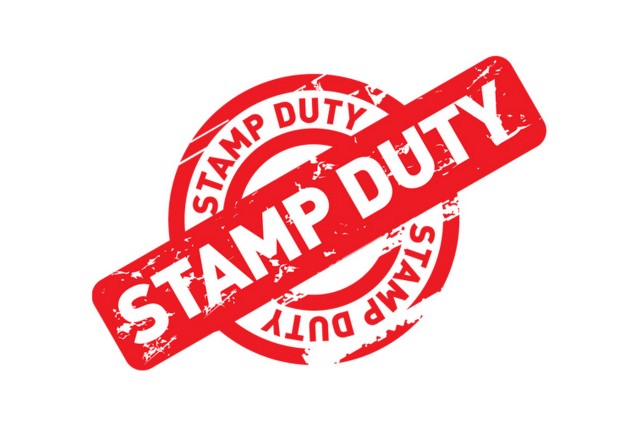What is Stamp Duty and why do we have to pay for it?

Nairametric define Stamp Duties as taxes paid to the Federal or State Government on documents such as Conveyances on sale, Bills of Exchange, Promissory notes, Agreements, Contracts, or even documents such as Letters and certificates of admission, Instruments of Apprenticeship, Insurance Policies etc.
Any written document that is not stamped is not allowed to be received in any Judicial proceeding in Nigeria until the stamp duty and the resulting penalty for the non-payment of the stamp duty is paid. It is therefore advised that stamp duty is paid on documents required to be stamped because you never can tell when a transaction could end up in court.
The Stamp Duty Act empowers the Federal and State Government to impose, charge and collect Stamp Duties.
The Federal Government has the sole authority to impose, charge and collect stamp duties relating to matters between a company and an individual, a group or body of individuals.
The State Government has authority to collect Stamp Duty in respect of documents executed between individuals or persons at such rates imposed or charged as agreed with the Federal Government.
The Central Bank of Nigeria had through a circular issued on January 15, 2016 directed the Deposit Money Banks to deduct ₦50 stamp duty on each deposit made into current accounts with a value of ₦1000 and above in order to boost government’s revenue drive and in compliance with Stamp Duties Act, 2004.
There have been significant changes to the Stamp Duties Act with a newly introduced Amendment 2017 Bill to the House of Representatives. The Bill seeks to expand the scope of the Stamp Duties Act and address the current ambiguities in the law.
Some of the amendments will include;
Broadening of the definition and scope of Stamp Duty – Under the Bill the definition and scope of a “stamp” will be expanded to include electronic, internet and Point of Sale (POS) transactions.
Legalizing Stamp Duty Collection on bank deposits – If passed into law the current practice as directed by the Central Bank of Nigeria whereby banks charge stamp duties on deposits.
Imposition of Stamp Duty on all forms of agreements – The Bill provides that “all forms of agreements shall be denoted by adhesive postage stamps”.
Increase in threshold for receipts – The current threshold for receipts chargeable with stamp duty under the Stamp Duties Act is ₦4 and above. The Bill seeks to increase this to ₦1000 and above.









0 Comments